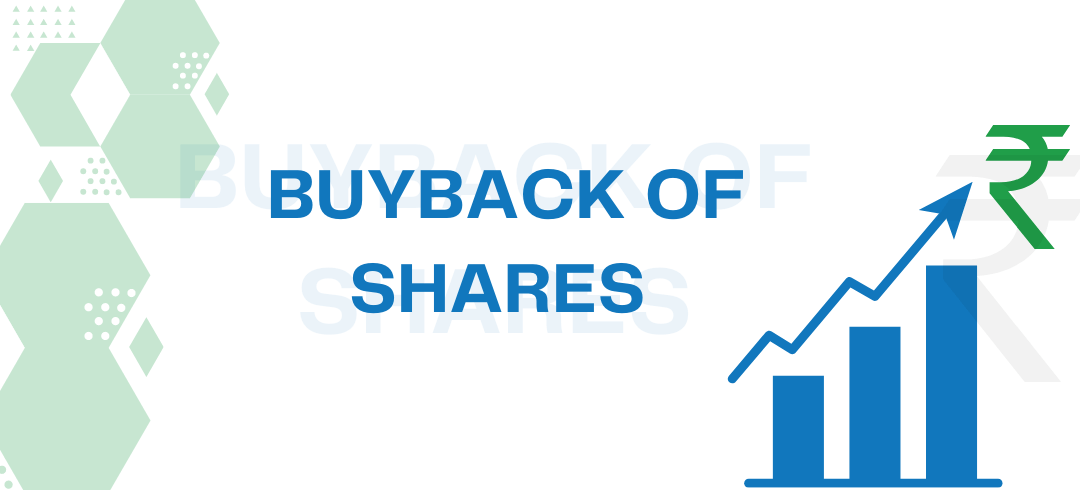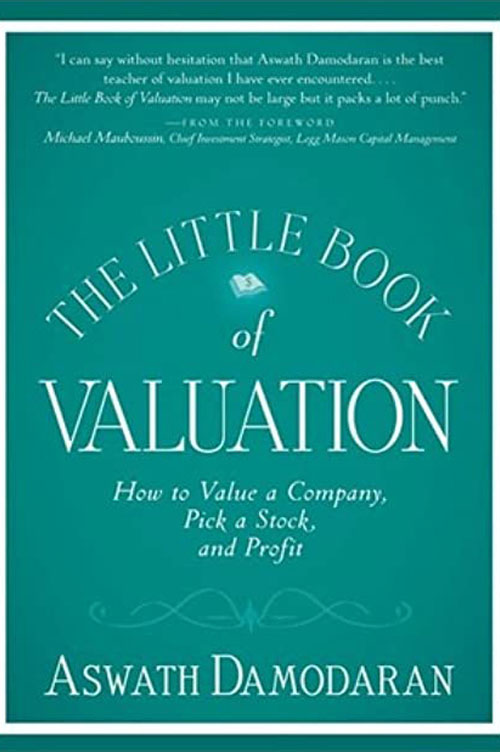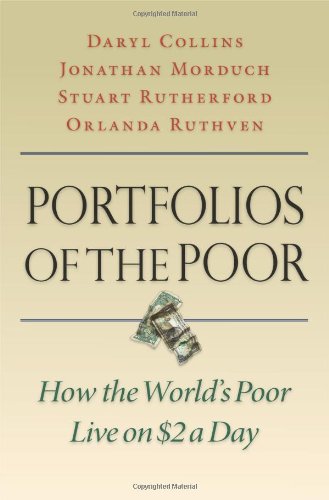Meaning
Buy Back Offer (also known as shares re-purchase) is when a company purchases its previously issued shares to reduce its stake from the stock market.
During buy back offer, the price of shares is usually higher than the market value. Buyback of share can be done either through Open Market or through Tender Offer.
- In open market mechanism, a firm buy back its shares from the secondary market.
- Whereas in tender offer, a firm purchases its own share directly from the shareholders. Shareholders can submit or tender their portion of shares within a given period of time, and earns the opportunity of selling those shares at premium prices.
A company can choose to buy back their share for many reasons such as –
1) To increase the current value of share
If a company’s insider (such as management or Board of Directors) believes that the company’s stock is undervalued, they may decide to buy-back some part of its issued shares from the market to increase the rate of the available shares.
2) To take advantage of tax benefits
Share buyback can be a great alternative to dividend cash payment, because the tax rate on share buyback is comparatively lower than the dividend tax rate.
3) High degree of flexibility on amount and time
Dividend payment does not provide much flexibility to the company’s management, as all the shareholder must be paid a fixed amount of dividend at a decided date.
On the other hand, share buyback provides a high flexibility since, company do not specify the amount that shareholders will get on buy back shares and the dates when the transaction would happen.
4) To optimize the number of outstanding shares
When a company’s employees exercise the stock options, the number of outstanding shares increases. In order to maintain the optimal levels of its outstanding shares, a firm decides to re-purchase some of their issued shares form the market.
5) Defense from takeover
When a company get information about some big investors who are willing to purchase a large quantity of shares in order to acquire higher stake in the company, the management of the target company decides to buy-back some or all of its shares from the market as a defense strategy. The goal here is to diminish the acquirer’s chances of taking control in the company.
Methods of Stock Buyback
1) Open Market Stock Buyback
A company can buy back its shares directly from the market. The transaction of buyback are executed via the company’s brokers. This buy back generally takes longer time as larger number of shares must be bought.
Unlike other methods, there is no legal obligations imposed on a company if they fail to complete the procedure of buyback via open market. Thus, a company enjoys the flexibility to cancel the procedure at any time.
The advantage of this buyback method is the cost effectiveness on share price because a company purchases the shares at the current market value and doesn’t need to pay any premium.
2) Fixed-price Tender Offer
In this types of buyback, a company makes an offer to all its existing shareholder to buy-back shares from them on a fixed date and at a fixed price.
This tender offer includes a share price which is always higher than the current market price of share. Thus, if any shareholder is interested in selling their stock at higher value, he can submit a tender form to the company – mentioning the number of shares he wishes to sell.
Unlike open market buyback, the procedure of tender buyback is completed within short period of time.
3) Dutch Auction Tender Offer
In this buyback method, a company makes a tender offer to its shareholder and provides a range of possible share prices, the minimum share price is always greater than the current market price of share. Then, the shareholders make choices on available prices and the number of shares they are willing to sell.
The main advantage of this tender offer is that it allows a company to identify the buyback price from shareholders itself. This method of buy-back is completed within a short time frame.
4) Direct Negotiation
Direct negotiation is when a company directly approaches its shareholders to buy back the company’s shares from them. The benefit here is that a company can directly negotiate the premium price of buyback share with the shareholders. Thus, the company gets an advantage of cost-effectiveness while negotiating.
However, direct negotiation method can sometimes be time-consuming depending on shareholders’ will.
People are also reading…
References
- https://www.moneycontrol.com/news/business/corporate-action/buyback-offers-and-what-do-they-mean-for-investors-explained-6777891.html
- https://www.investopedia.com/terms/b/buyback.asp
- https://groww.in/p/share-buyback/
- https://www.hdfcsec.com/buyback
- https://www.chittorgarh.com/article/buyback-of-shares-meaning-procedure-and-taxation/517/
- https://www.livemint.com/money/personal-finance/what-is-buyback-of-shares-and-how-does-it-benefit-existing-shareholders-11589121859570.html
- https://www.motilaloswal.com/blog-details/6-reasons-why-a-company-could-consider-a-share-buyback/1797
- https://blog.investyadnya.in/what-is-open-market-share-buyback-offer/




